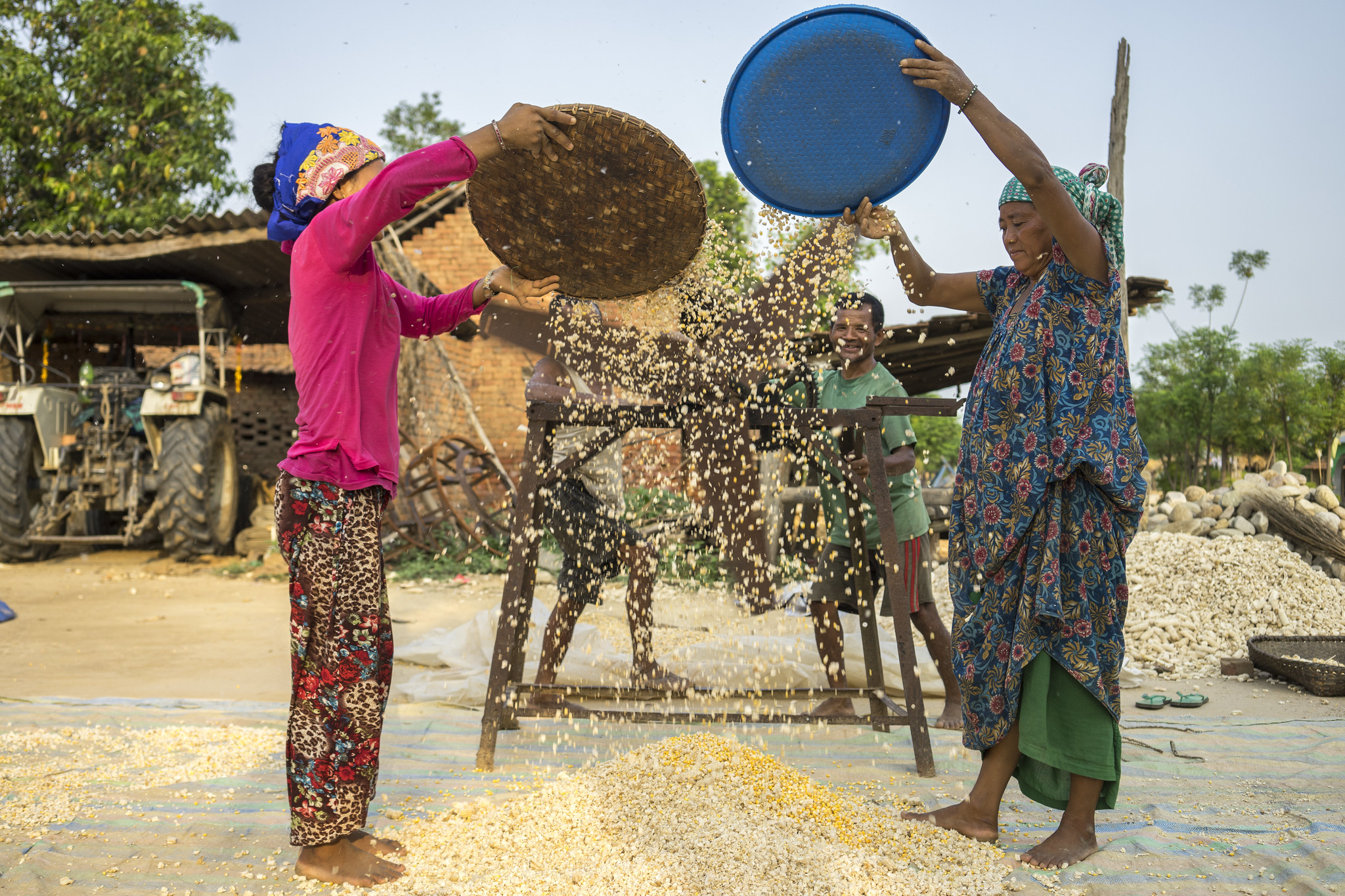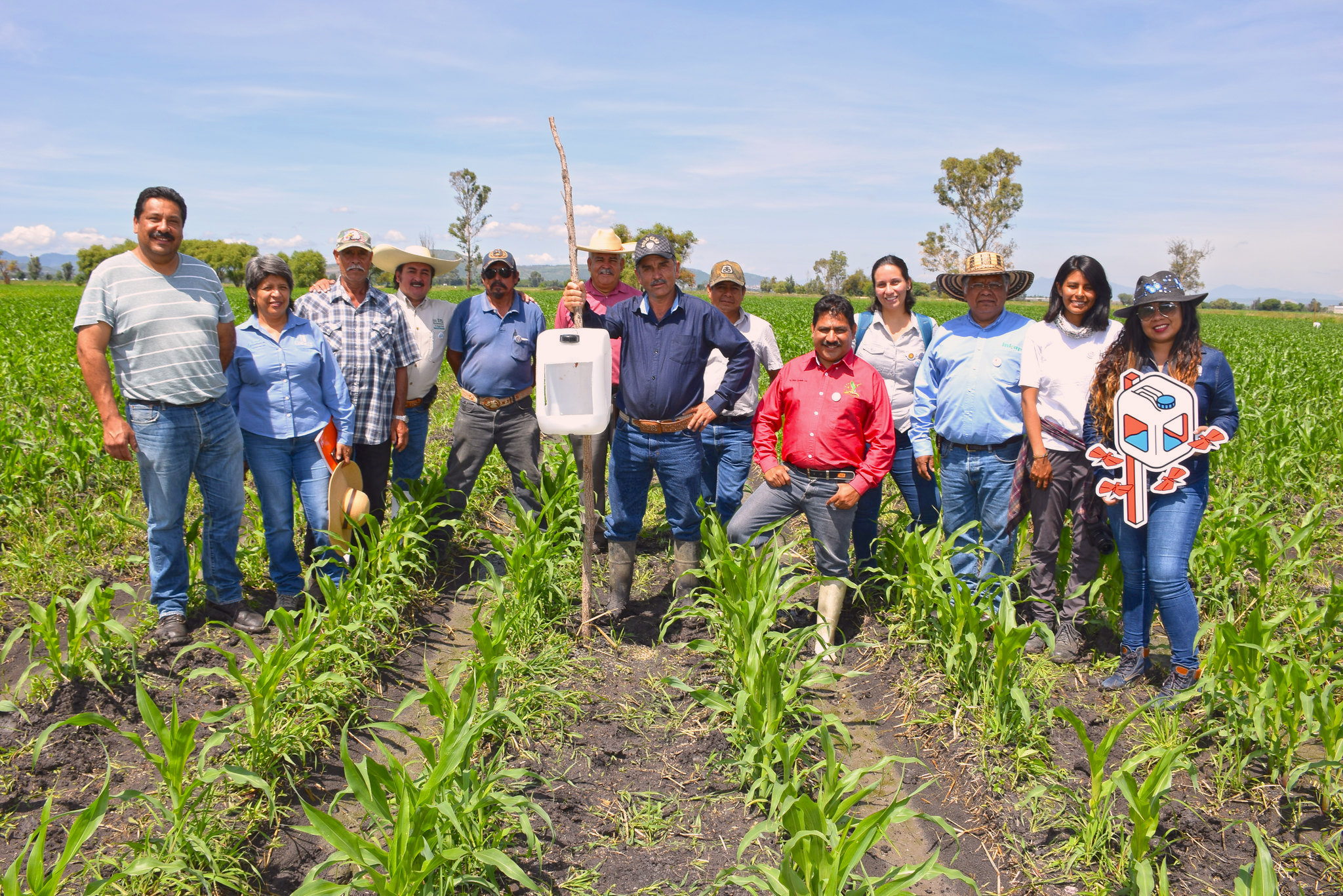Sustainable agrifood systems deliver food security and nutrition for all—without compromising the economic, social and environmental bases—for generations to come. This leads to better and resilient production, better nutrition, a better environment, and a better life for all.
CIMMYT’s sustainable agrifood systems work includes discovery and development, to meet a multiplicity of goals: enhance resilience through agricultural production, profit, environmental services, social, and human condition. Research and activities are carried out in close collaboration with partners, and directly support the CIMMYT 2030 Strategy.
Six principles guide our work
- Strong commitment to working with local, national, and international partners.
- Living labs that include long-term field experimentation platforms, linked to participatory on-farm research and extension that enhances stakeholder capacity and farmer agency.
- Documentation and sharing of knowledge generated through publications, curricula, agricultural advisory tools and recommendations, social media, and more.

- Commitment to open data, through the generation, documentation and sharing of data following FAIR principles, appropriate metadata, and open protocols.
- Scaling sustainable agriculture through innovation hub networks and public-private-civil partnerships for inclusive, demand-driven value chains.
- Impact pathways that promote public policies for agrifood systems that are inclusive, resilient and that address climate change.
We live in a rapidly changing world. Food security is threatened by extreme climate events, price spikes, disruptions of global supply chains and new pests and diseases.
To address these challenges in an agile way, CIMMYT conducts research on sustainable agrifood systems and implements projects through both cross-cutting and regional teams.
Cross-cutting teams
CIMMYT tools include crop and system modeling, farming systems, big data, geographic information systems, remote sensing and pest prediction, foresight analysis, panel surveys, socioeconomic gender-aware modeling, seed system feedback loops, inclusive value chains and participatory research.
- Climate change adaptation for nutrition
- Climate change science
- Data services
- Demand-driven seed systems
- Foresight and ex-ante
- Inclusive value chains
- Monitoring and adoption
- Science for scaling
Regional teams
Smallholder farming systems are diverse and complex. To promote the adoption of sustainable agricultural practices, CIMMYT collaborates with national agricultural research and extension organizations, as well as other partners across the value chain, from farmers to companies. CIMMYT’s priorities and approaches are co-developed with stakeholders by region and country, in support of:
- Systems science (Africa, Latin America, South Asia)
- Innovations for development (Africa, Latin America, South Asia)
- Partnerships (Africa, Latin America, South Asia)



 Capacity development, Innovations,
Capacity development, Innovations,